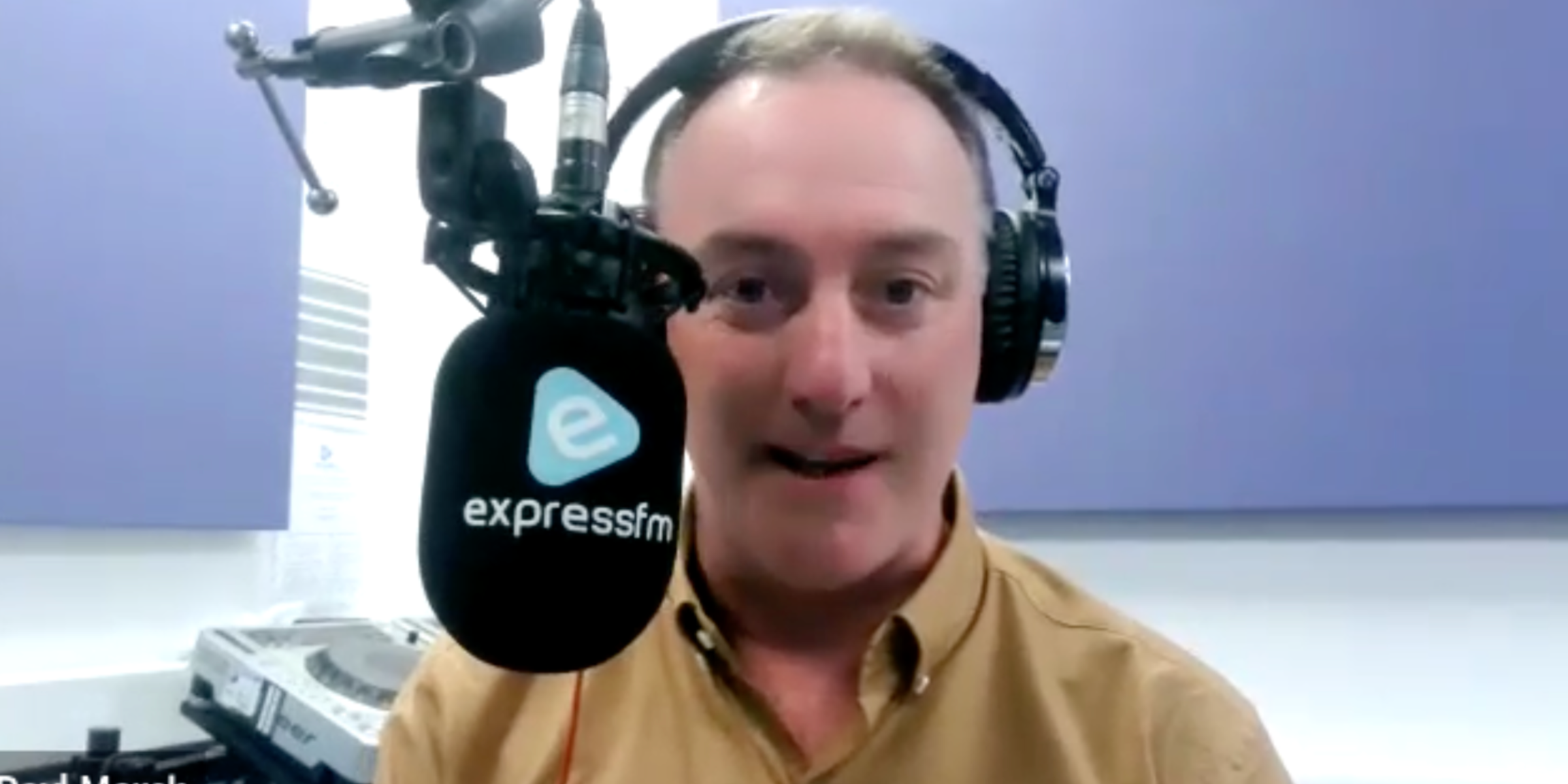Tips, thoughts and the latest happenings in broadcast PR and general PR. The Shout! Communications’ blog keeps our followers up-to-date about what’s happening on television, online and on radio.
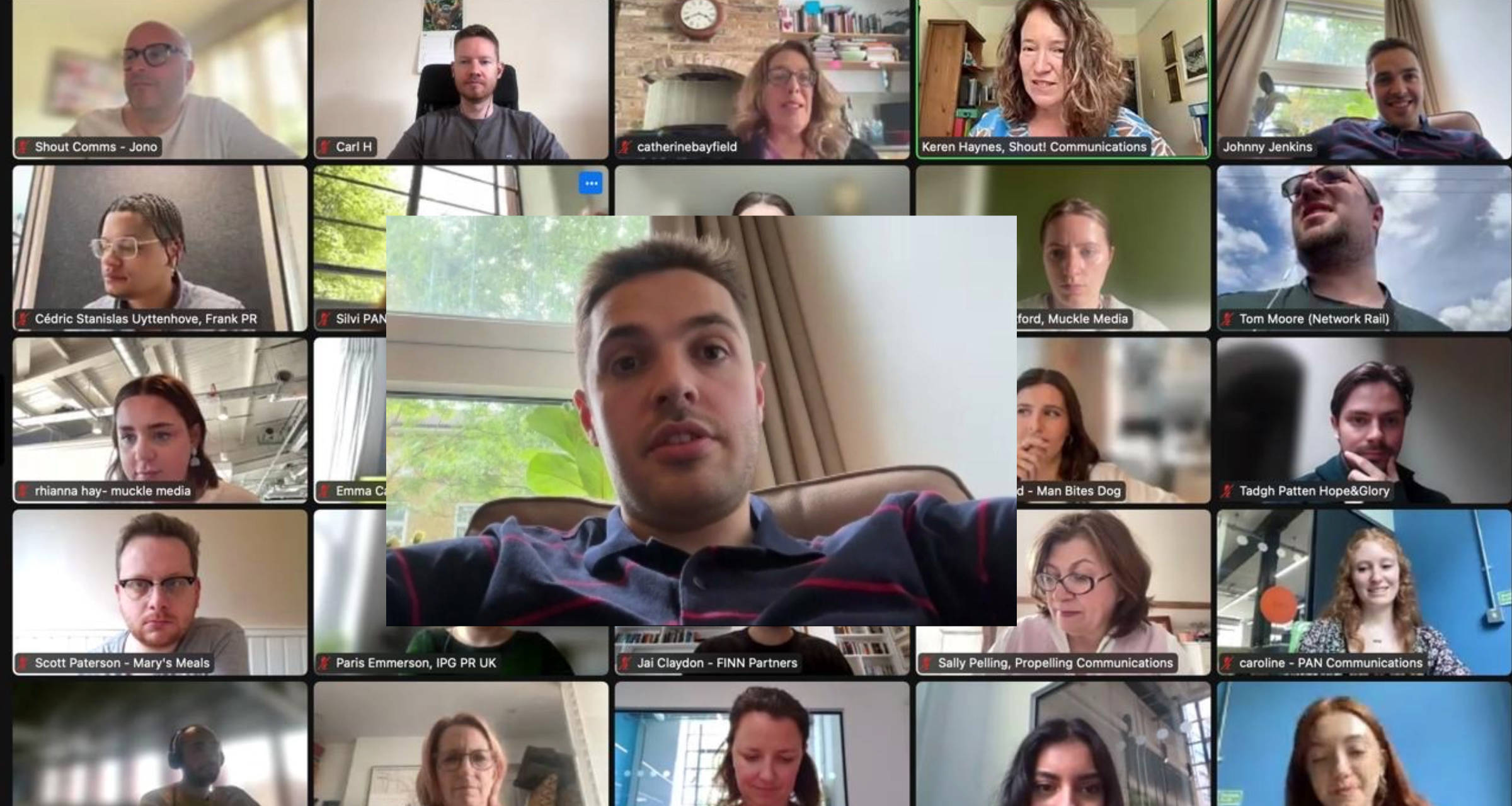
20. Jun 2024
Our latest Small Talk shone the spotlight on LBC’s Nick Ferrari show. Our speaker was the programme’s producer Johnny Jenkins. His main job is setting up the show, normally the day before it goes on air, pitching stories and booking in guests. Yep, he’s the key to the door if you have a client wanting [...]

4. Jun 2024
Broadcasters love them and without question a little bit of celebrity sparkle, can really boost coverage for your story, on radio, television, online and on podcasts. This blog looks at what the term celebrity spokesperson means - and how they can elevate your brand. What is a celebrity spokesperson? The terms means [...]

31. May 2024
We knew it was coming. In fact, the Prime Minister had already confirmed that it was going to happen in the second half of the year. Yet, when rumours of a general election announcement started circulating on social media on the morning of the 22nd May, newsrooms across the country went into a state of [...]
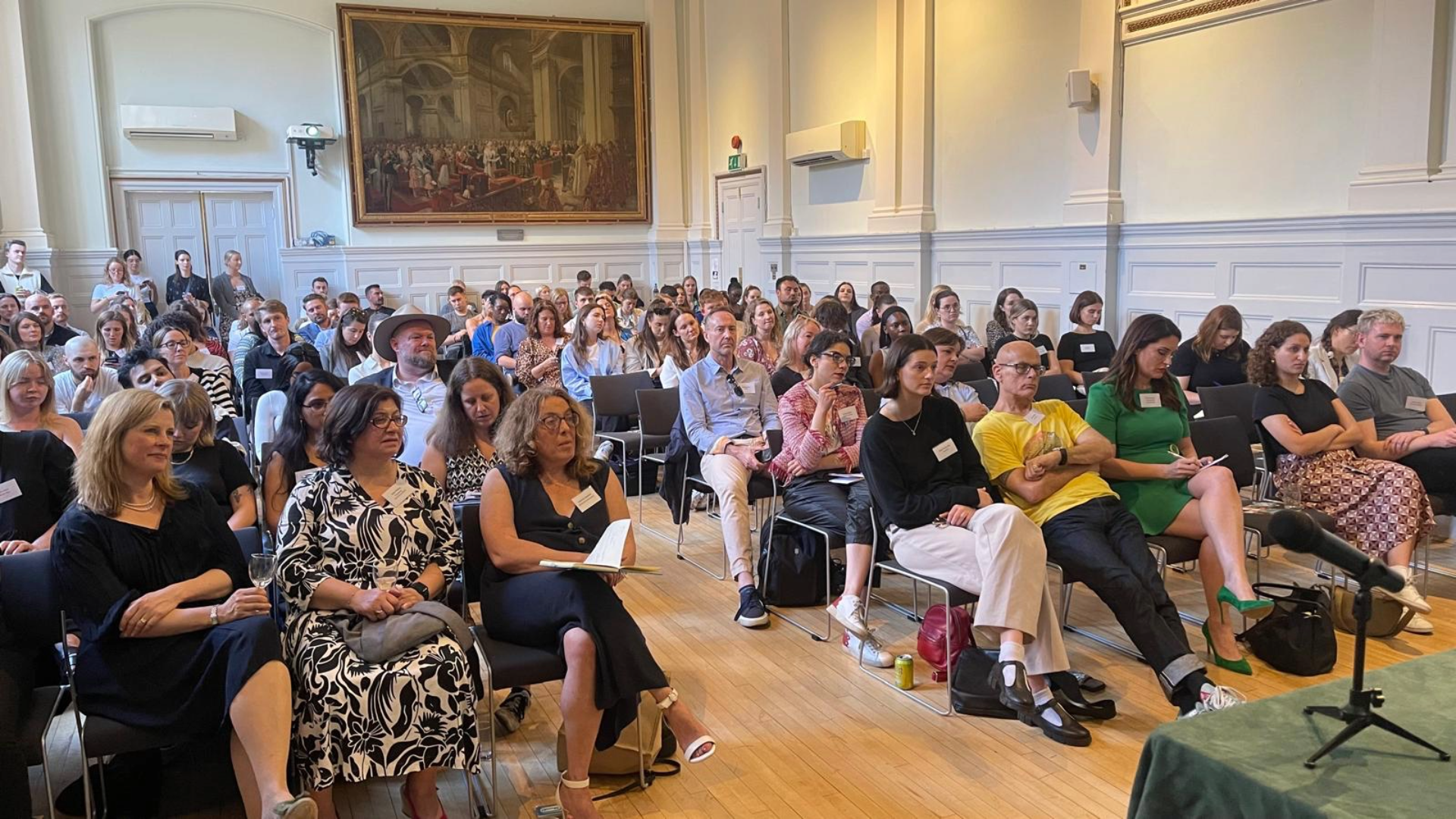
24. May 2024
For our Big Talk event in May 2024, we were joined by over 100 PR and communications professionals to, metaphorically, spend a day in the life of the BBC. Gain an insight into BBC Sounds, The One Show and Morning Live, as heard by Shout! Communications broadcast consultant Marta Malagon Manas. Director of BBC [...]
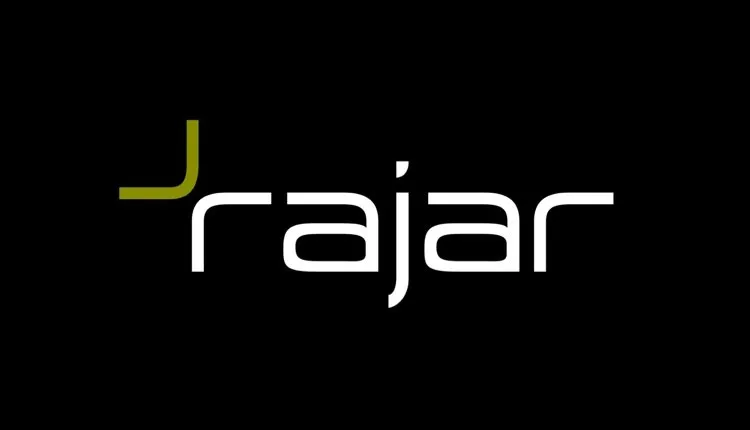
16. May 2024
More people are listening to the radio than ever before. In fact we listened for over one billion hours in the first three months of 2024. That’s according to RAJAR, the organisation that measures radio audiences in the UK. It’s latest quarterly figures (for Q1 2024)shows that 49.9 million people tune into radio each week [...]
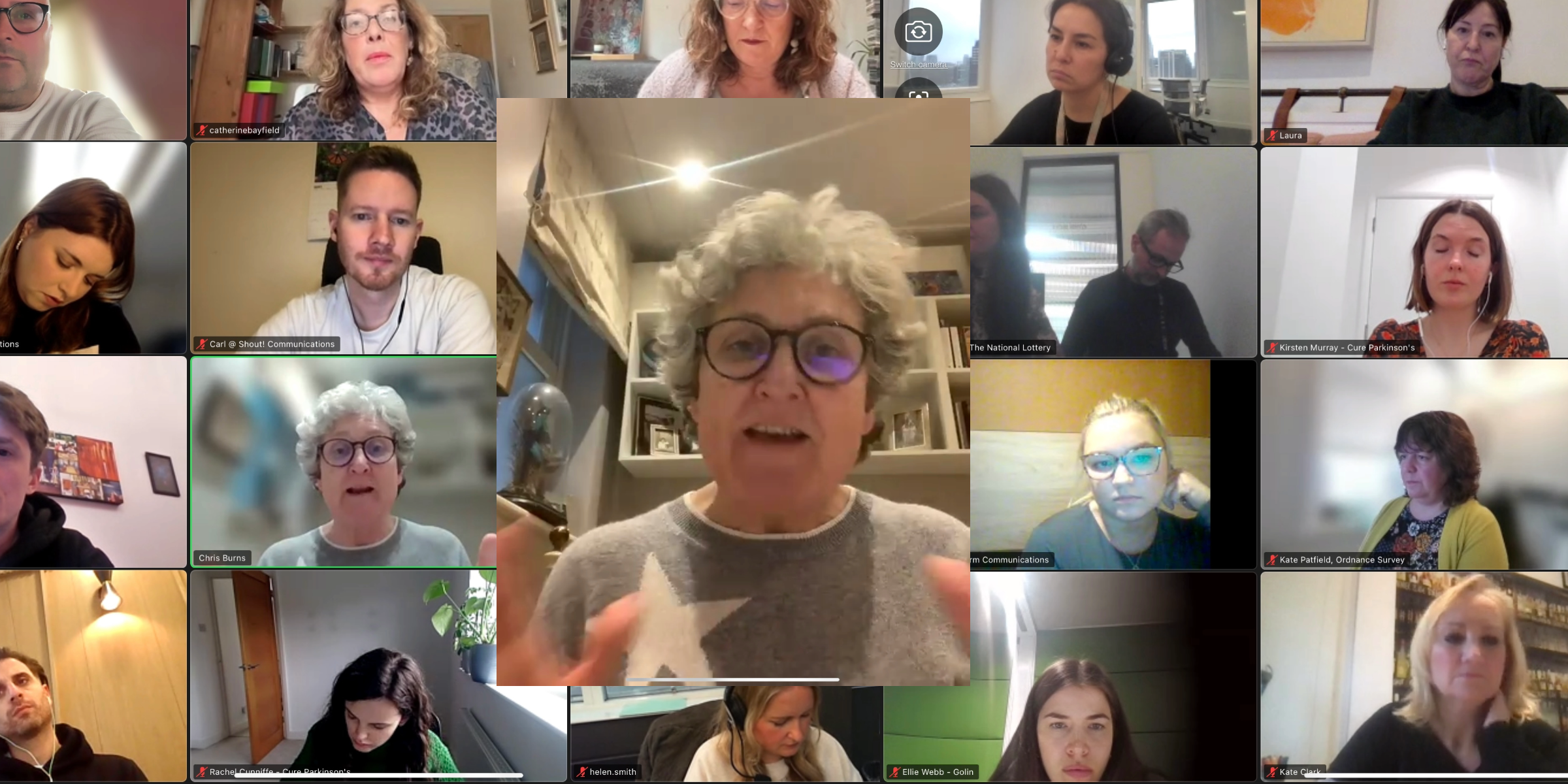
19. Apr 2024
There've been a lot of changes for BBC Local Radio in recent months, which have included redundancies and job cuts. Programme wise some stations have been bandied together so at certain times of the day one show is multi-cast over multiple radio stations. A lot has happened, so we were delighted that our latest [...]
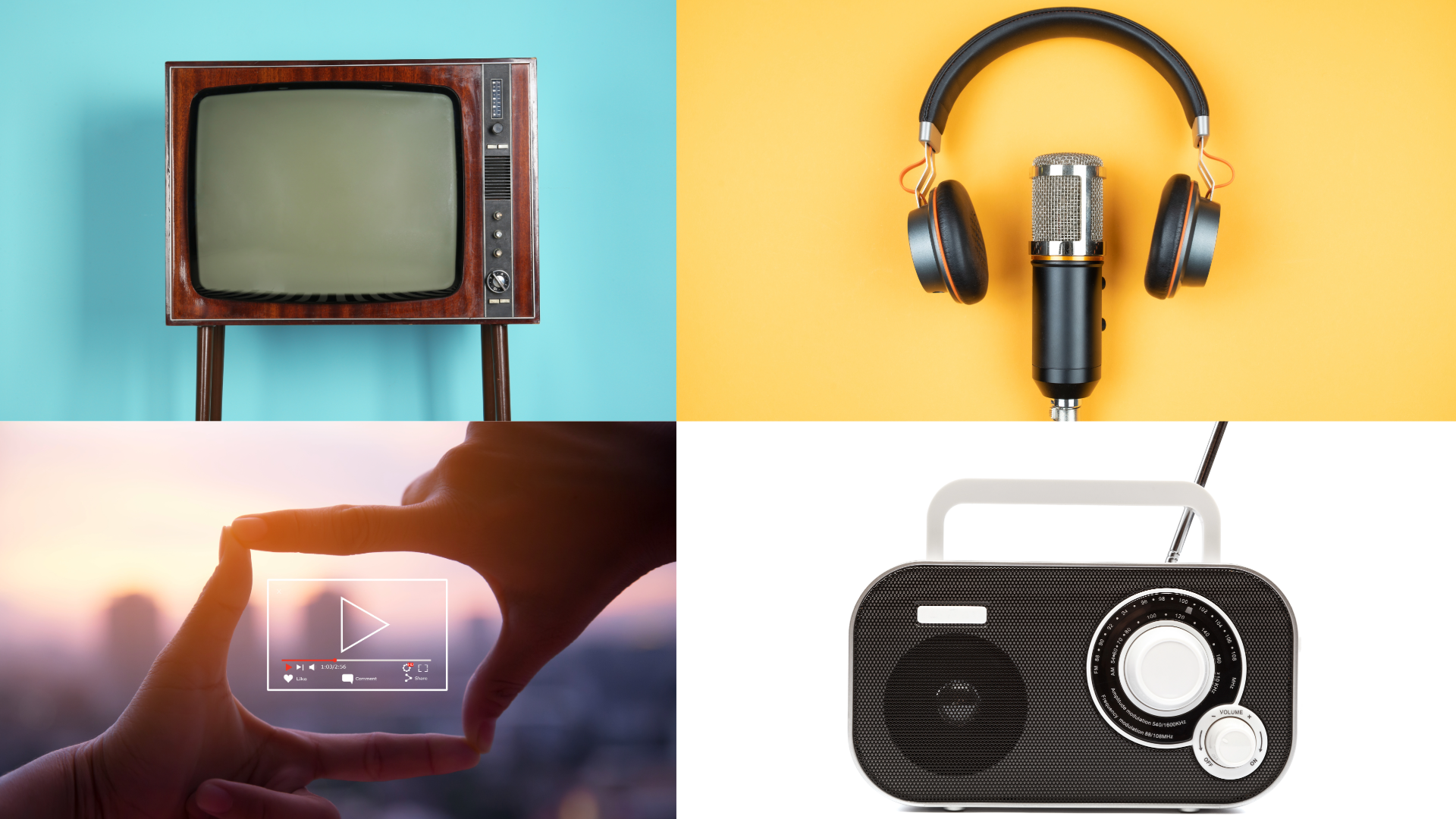
10. Apr 2024
In this article, we share examples of the key broadcast media channels and explain how each channel can be used effectively in a PR campaign. Broadcast media includes all the different mediums used to communicate, transmit and broadcast to the public or masses. What is broadcast media? The term broadcast originally referred to the use [...]
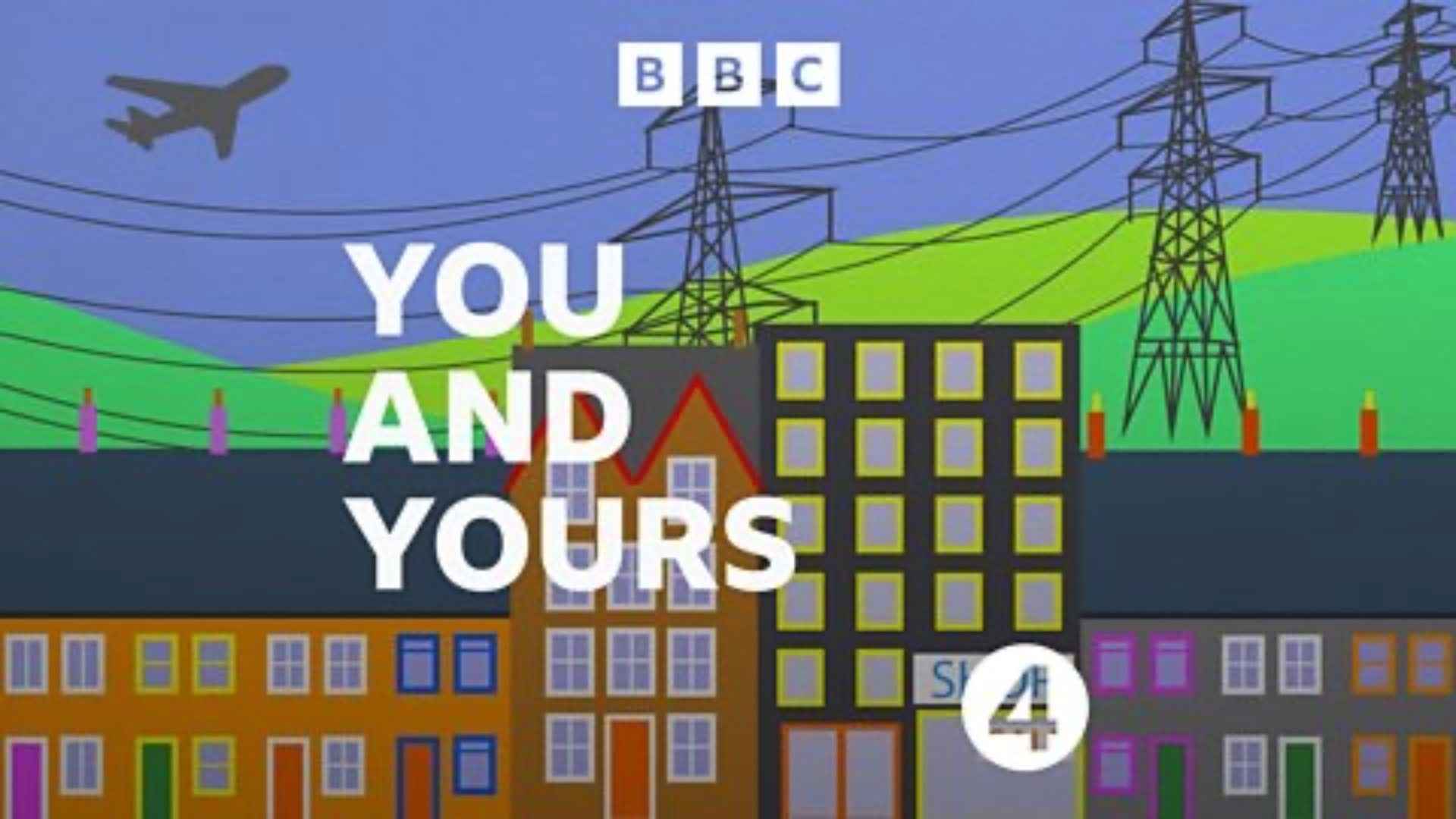
26. Mar 2024
Our latest Small Talk event featured the Executive Editor of the consumer team, at BBC Radio 4, Pete Wilson (below). This blog is a summing up of what Pete said, as heard by Shout! Communications director, Keren Haynes. A little bit about our speaker Pete WilsonPete Wilson is a stalwart of the BBC, celebrating [...]

